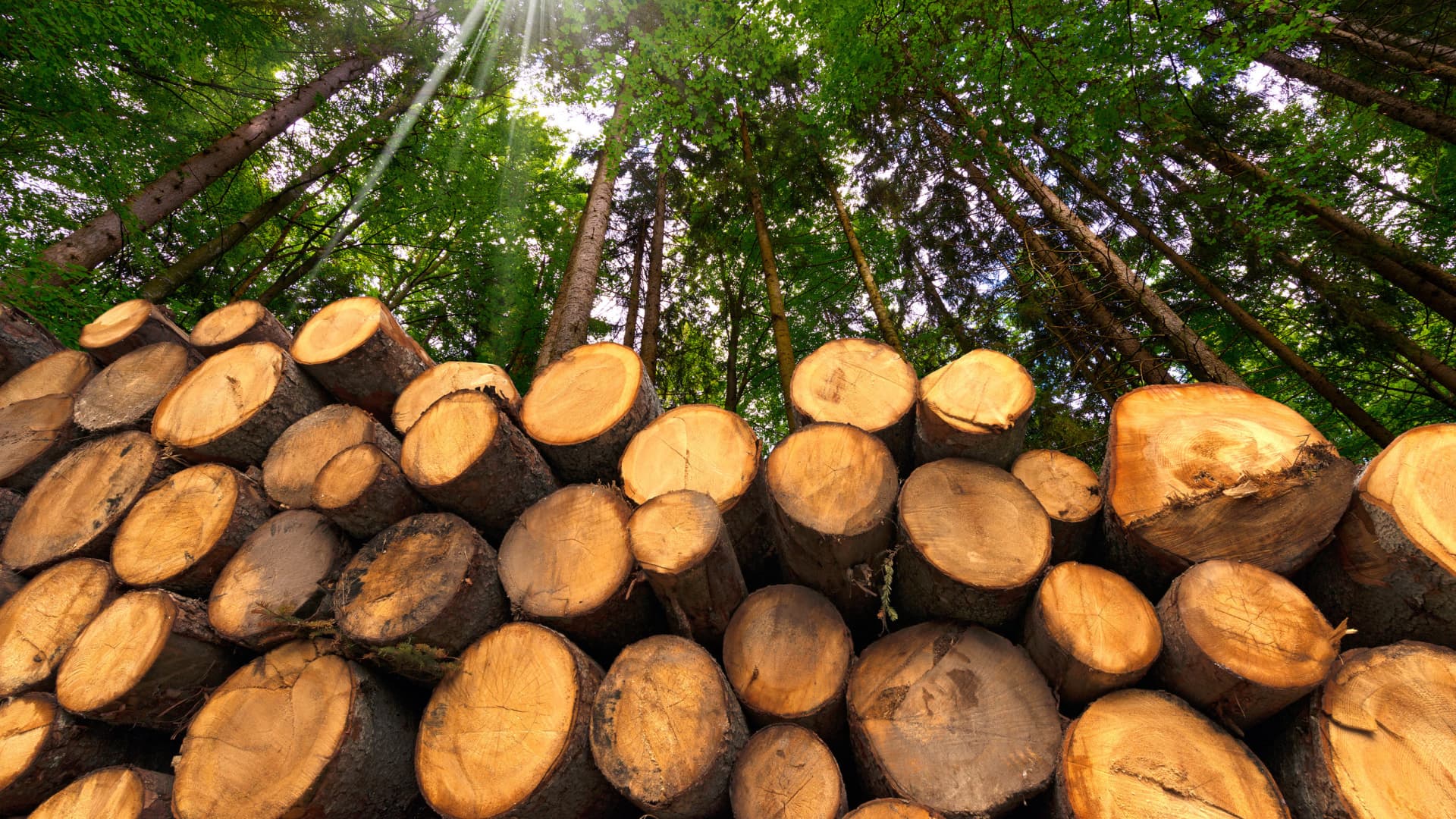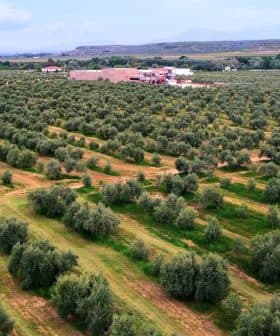Burning Biomass in Europe Causes Deforestation in the U.S., Scientists Warn

Several European countries are turning to burning wood, or ‘biomass,’ as an alternative to fossil fuels to reduce greenhouse gas emissions in line with the Paris Climate Agreement, but this approach is being criticized by environmental advocates who argue that the demand for wood pellets is leading to deforestation in the southeastern United States. The U.S. southeast’s wood pellet industry has grown rapidly, with 23 mills producing over 10 million metric tons of wood pellets annually, which are exported to Europe, raising concerns about the environmental impact of biomass energy.
In an effort to reduce their greenhouse gas emissions in the context of the Paris Climate Agreement, several European countries are increasingly relying on energy from burning wood, or ‘biomass,’ as an alternative to fossil fuels, such as coal.
We have to be very clear in defining what is acceptable biomass and what’s not.
Dubbed both renewable and carbon-neutral, biomass can include anything from tree logs and forest residues to woody energy crops and crop waste, which are usually compressed into wood pellets.
However, environmental advocates claim that the growing demand for wood pellets in Europe poses a direct threat to forests and wetlands of the rural southeastern United States, which are being clear-cut to fuel demand.
See Also:Amazon Records Highest Rate of Deforestation in 15 yearsThe U.S. southeast’s wood pellet industry has proliferated in less than a decade: 23 mills currently produce more than 10 million metric tons of wood pellets each year, which are exported to Europe, mainly to the United Kingdom and the Netherlands.
Furthermore, scientists argue that wood-burning can undermine the global effort to avert rising temperatures by increasing emissions instead of reducing them.
According to standard agreed practice, CO2 emissions from biomass are not tallied as greenhouse gas emissions, based on the reasoning that the carbon emitted by wood-fired plants is offset by other trees which are allowed to grow and absorb carbon dioxide.
However, counterbalancing the carbon from wood burning is not a straightforward process since trees take a long time to grow.
“There is a carbon debt that occurs when you harvest trees, and it still takes young trees a long time to recover the carbon stock that was lost,” said Rich Birdsey, an expert on forest carbon budgets at the Woodwell Climate Research Center.
On the other hand, proponents of woody biofuels, such as Richard Venditti, professor of pulp and paper science and engineering at North Carolina State University, argue that biomass favors the circular economy concept and is renewable since well-maintained forests can offset the emissions from burning wood.
See Also:World Leaders Pledge Billions to Restore Earth’s ForestsBiomass emissions were also left out from the European Union’s emissions trading system (ETS) of 2005, a carbon market designed to enable emissions trading between member states and ultimately reduce greenhouse gas emissions.
Consequently, a coal-burning power plant in Europe can switch to burning wood pellets and theoretically be eco-friendly with zero gas emissions.
“The whole wood pellet industry is basically being driven by this,” said Tim Searchinger, an expert on climate change policy at Princeton University. “The mere fact that the U.S. reports more emissions doesn’t stop Europe from encouraging [the biomass industry], claiming to be reducing emissions even while the real effect is to increase them.”
In the United States, 100 scientists urged President Joe Biden to remove the provisions in two recent bills that promote the use of biomass energy.
“The logging and fossil fuel subsidies and policies in the Reconciliation and Infrastructure Bills will only intensify the rate and intensity of our changing climate,” the scientists wrote in a letter to the president in early November.
In Europe, where woody biomass currently accounts for more than half of the E.U.’s renewable energy sources, the chances of revising its use for energy production are looking slim.
“To be perfectly blunt with you, biomass will have to be a part of our energy portfolio if we are to remove our dependency on fossil fuels,” Frans Timmermans, the commission’s executive vice-president, told the COP26 climate summit in Glasgow.
“It depends on the quality of your biomass,” he added. “We have to be very clear in defining what is acceptable biomass and what’s not. That’s where the crux of the matter is.”









